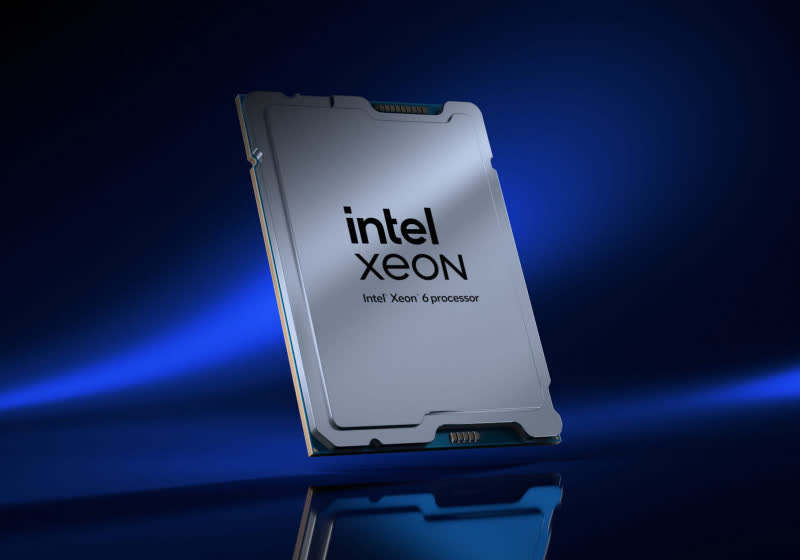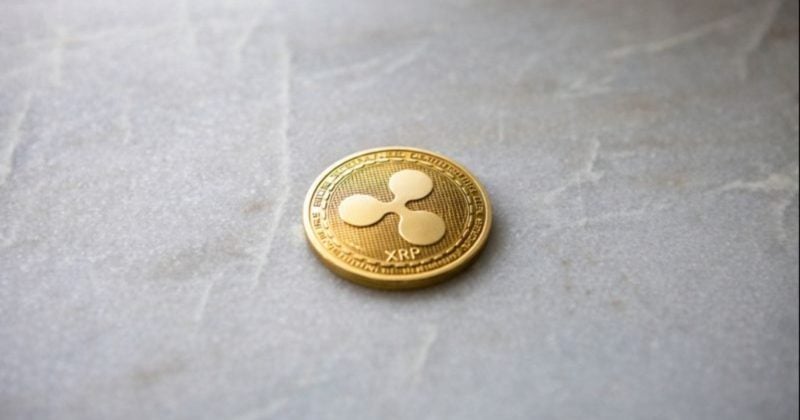The Switch 2 is bigger, more powerful and more expensive than the original Switch, but the tech specs for the new console reveal at least one key way it's worse: The Switch 2's battery life is shorter.
Nintendo says that battery life on the Switch 2 varies depending on the game you play, but that it estimates the console should last approximately "2 – 6.5 hours." That's notably shorter than the battery life you'll get out of a current Switch or Switch OLED, based on the company's support page. Nintendo estimates that a Switch OLED "with a serial number that starts with 'XT'" should last around "4.5 to 9 hours." Non-OLED Switch consoles "with a serial number that starts with 'XK'" are expected to last the same amount of time. Even the original Switch, which has "a serial number that starts with 'XA'," gets a minimum of 2.5 hours of battery life. Apparently, the extra power of the Switch 2 comes with a price.
Nintendo's tech specs confirm a few other notable details. The Switch 2 supports Wi-Fi 6, which should mean you'll get faster internet speeds when the console isn't docked and connected over ethernet. Based on Nintendo's guarantee that the console "supports 120 fps when 1920x1080/2560x1440 resolutions are selected," it seems like the Switch 2 won't support HDMI 2.1.
As far as controllers are concerned, Amiibo support remains, but if you have special place in your heart for the Wii-esque motion controls you could use on the original Switch, it looks like you're out of luck on the Switch 2. Neither the left or right Joy-Con 2 controllers have an IR sensor, one of the ways Nintendo tracked motion on the Wii and Switch. That doesn't mean you can't use motion controls on the Switch 2, just that Nintendo isn't using IR to make them work. (At least in Metroid Prime 4: Beyond, it seems like "mouse control" fills the role motion controls used to on older games.)
Do any of these changes dramatically alter the calculus on whether the Switch 2 is worth buying? Maybe not, but it is interesting to see some of the compromises and decisions Nintendo made to offer what is effectively "the Switch, but better."

 8 months ago
79
8 months ago
79








 English (US) ·
English (US) ·